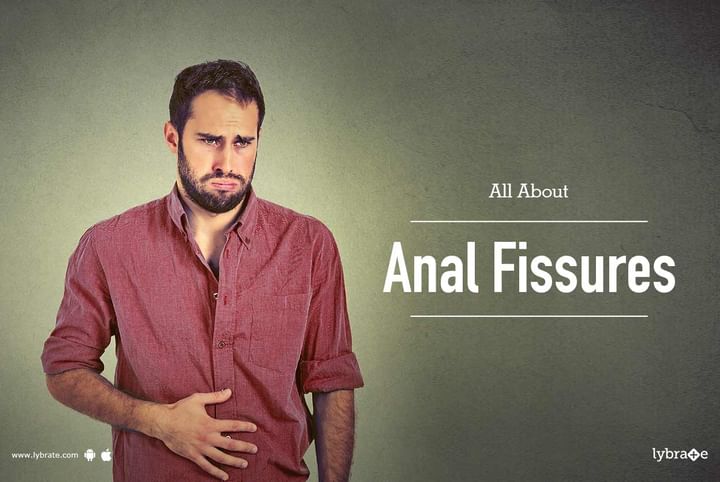All About Anal Fissures
Anal fissures are the small tears formed in the anal lining. They are also known as anal ulcers. An anal fissure causes a lot of pain and bleeding during your bowel movements. Usually a fissure heals automatically in a few days time. It can be treated with simple home remedies as well.
Causes:
- You can suffer from an anal fissure if you pass hard and large stools.
- Also strained childbirth or suffering from violent spells of diarrhea might get you an anal fissure.
- Chronic constipation may also be cause of a fissure.
- Other rare causes may be anal cancer, HIV, tuberculosis or herpes.
Individuals of all age groups can suffer from anal fissures. It is not a very serious problem and heals on its own in a few weeks. Although it can heal itself, there are certain treatments which can help relieve the pain you get from an anal fissure.
Symptoms:
An anal fissure has quite a lot of symptoms for you to understand what you are suffering from:
- There will be a very visible tear around the anal region. You will be able to spot the tear on the skin very easily.
- A small lump of skin may form next to the tear.
- When you will be undergoing your bowel movements, you will feel a very sharp pain in the anal region.
- You will find spots of blood on the stool passed.
- You will also feel a burning or an itching sensation in the anal region.
Treatment:
Although most fissures do not require treatment, there are a few remedies that will help cure them faster:
- Stool softeners: You get certain medicines at the chemist, which are known for their stool softening functions. These stool softeners help to soften the hard stools and initiates smooth bowel movements.
- Eat fibrous foods: Eat foods rich in fiber like fruits, whole grain cereals, raw vegetables, etc.
- Take warm baths: Take a bath in warm water as it relaxes your anal muscles, helps to relieve irritation in the region, and increases blood flow in the anorectal region.
- Use ointment: Apply nitroglycerin ointments and topical pain relievers to promote blood flow to the anal region and to relieve discomfort from the region respectively.
Related Tip: "What Are Anal Fissures and How Can You Deal With Them?"



+1.svg)
